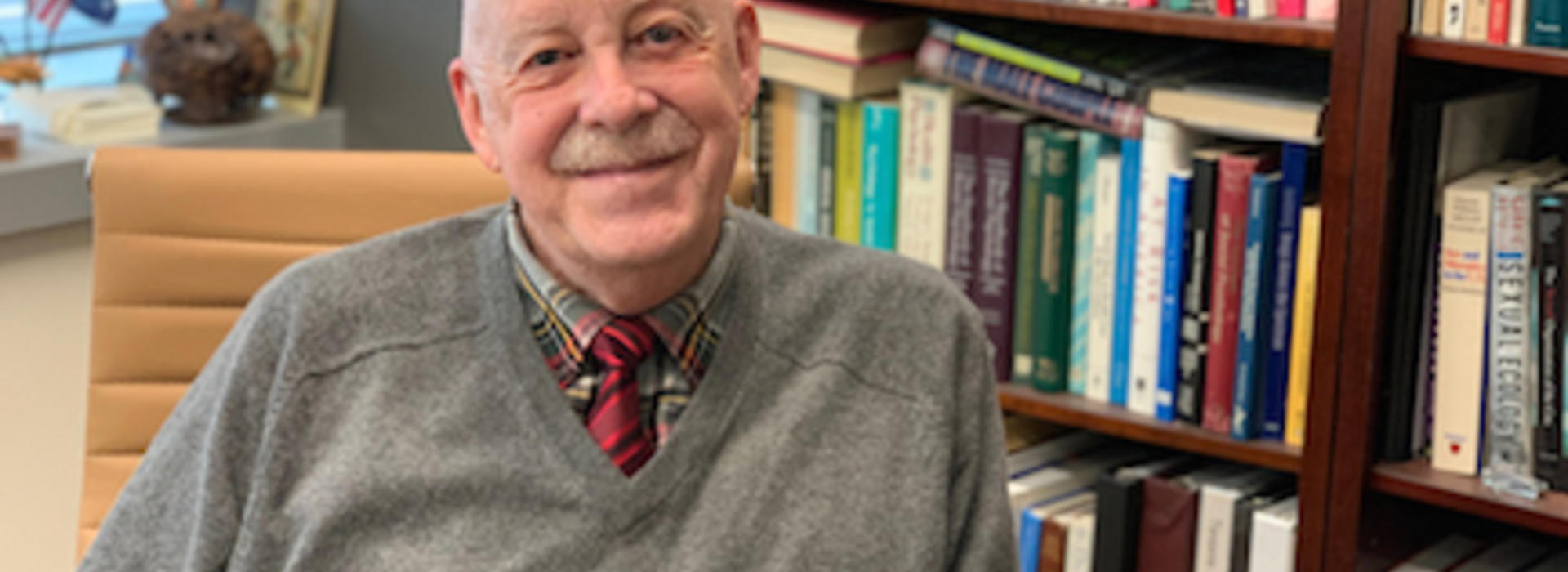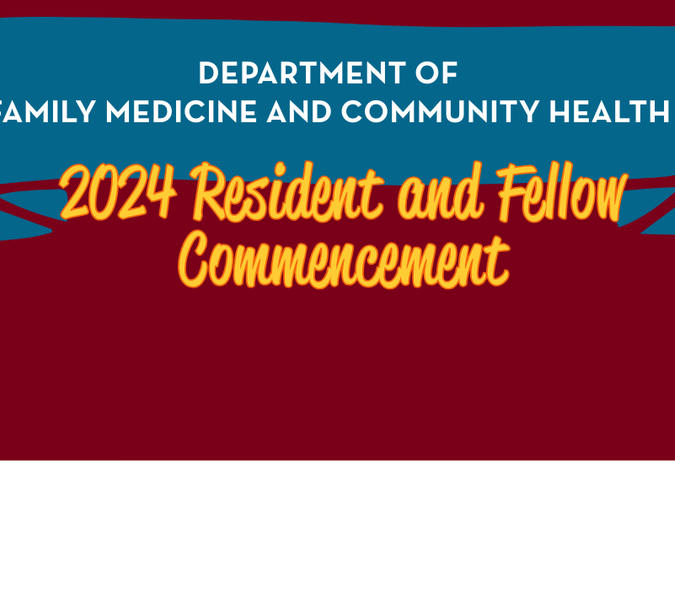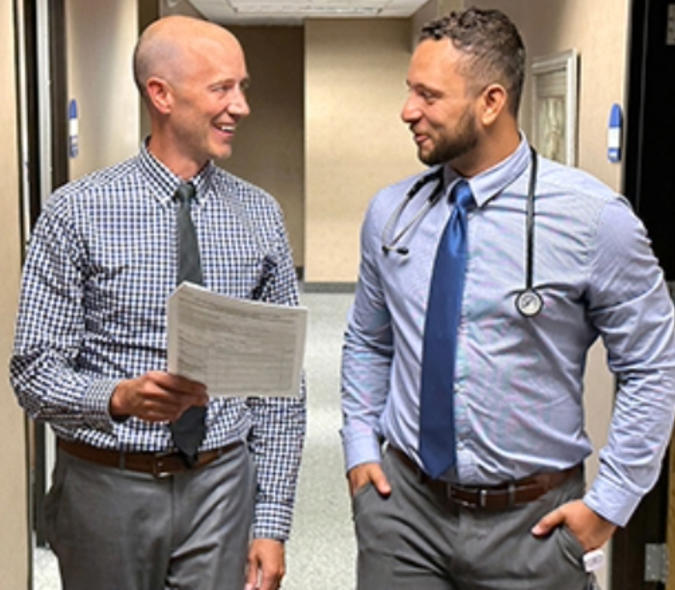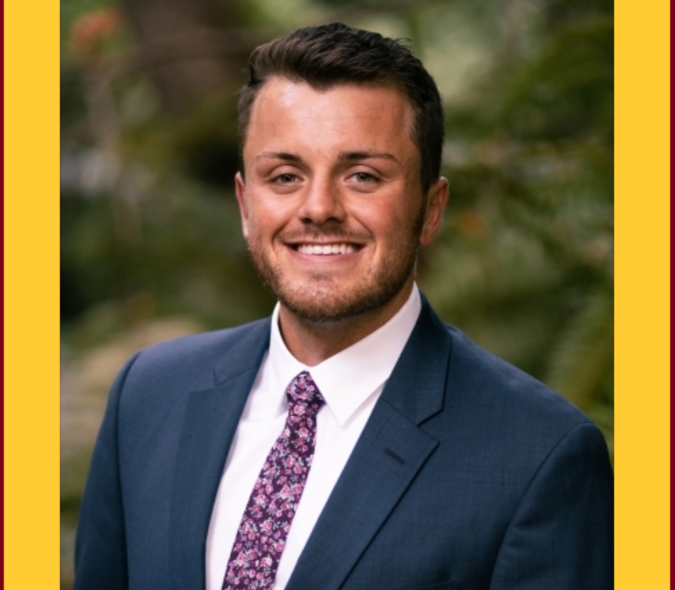
Reducing Stigma Through Research
An early advisor of Michael Ross, MedDr, PhD, MPH, MHPEd, MSt, framed a paper above her desk that he never forgot: If it’s not published, it hasn’t happened.
This statement – a testament to the power of research to transform the lives of human beings – became a cornerstone of Dr. Ross’s prolific career. In December, the Professor of Family Medicine and Community Health and Joycelyn Elders Chair in Sexual Health Education published his 500th peer-reviewed paper. (At the time of this writing, that number has already risen – “It builds up,” Dr. Ross says, almost apologetically.) His background also includes 11 degrees (including a medical degree and a PhD, as well as degrees in criminology), clinical practice as a psychologist, extensive study in 7 countries, and authorship of 12 books, the most recent about prison physical and mental health.
A premier international researcher in sexual health education, particularly with sexual minorities and disadvantaged populations, Dr. Ross began his publishing career in 1974, with papers on the impact of societal stigma on gay men. As the first researcher in Australia to publish studies on gay men and disease, he was tapped to serve on the National AIDS Task Force of the Australian government at the height of the HIV epidemic in the early 1980s.
“In the 1970s, I was working in an area that no one wanted anything to do with,” recalls Dr. Ross. “Then the HIV epidemic arrived, and suddenly this ‘unimportant’ research became crucial.”
The implementation of anti-discrimination legislation was another historical turning point that shifted the direction of his research, opening a new focus on the barriers to health access for gay men, a thread that continues to this day. A recent paper – the 500th – examines the use of electronic media to access sexual health information among Tanzanian men who have sex with men (MSM). The data undermines a long-held assumption that this population in Africa rarely uses the internet to access sexual health information. Despite more difficult access to electronic media, they use it the same as their Western peers – a finding that shines light on a potential avenue for accessible sexual health education, especially given government attacks on MSM and their health services.
Dr. Ross’s passion for disadvantaged communities and their wellbeing provides the motivation for maintaining such an abundant publishing career. “I strongly believe that our data don’t belong to us as individuals; they belong to our research subjects and patients. We have an obligation to the people who provided our data and funding, and to science, to finish the job.”
“The Program in Human Sexuality is the leading institute of its kind in the world, and has been for nearly 50 years." Dr. Ross’s research has examined populations in seven different countries, and his academic career has spanned the globe as well, from his early years in New Zealand to 14 years in Australia, followed by a move to the University of Texas in the early 1990s. He landed at the Program in Human Sexuality at the University of Minnesota’s Department of Family Medicine and Community Health in 2014 – a decision that came easily.
“This is the leading institute of its kind in the world, and has been for nearly 50 years,” he says. “Instead of being only person in a university department who is dealing with sexuality and sexual minorities, now I can walk down the corridor and talk to as many experts as I want.”
Maintaining this sense of connection to the field and his colleagues’ work is central to Dr. Ross’s success. He also credits wide, regular reading – everything from JAMA articles to The New York Times health section – as a habit that keeps research ideas coming. But overall, he says the key to his productivity has been simple.
“Do research in an area that excites you. The rest follows naturally.”



